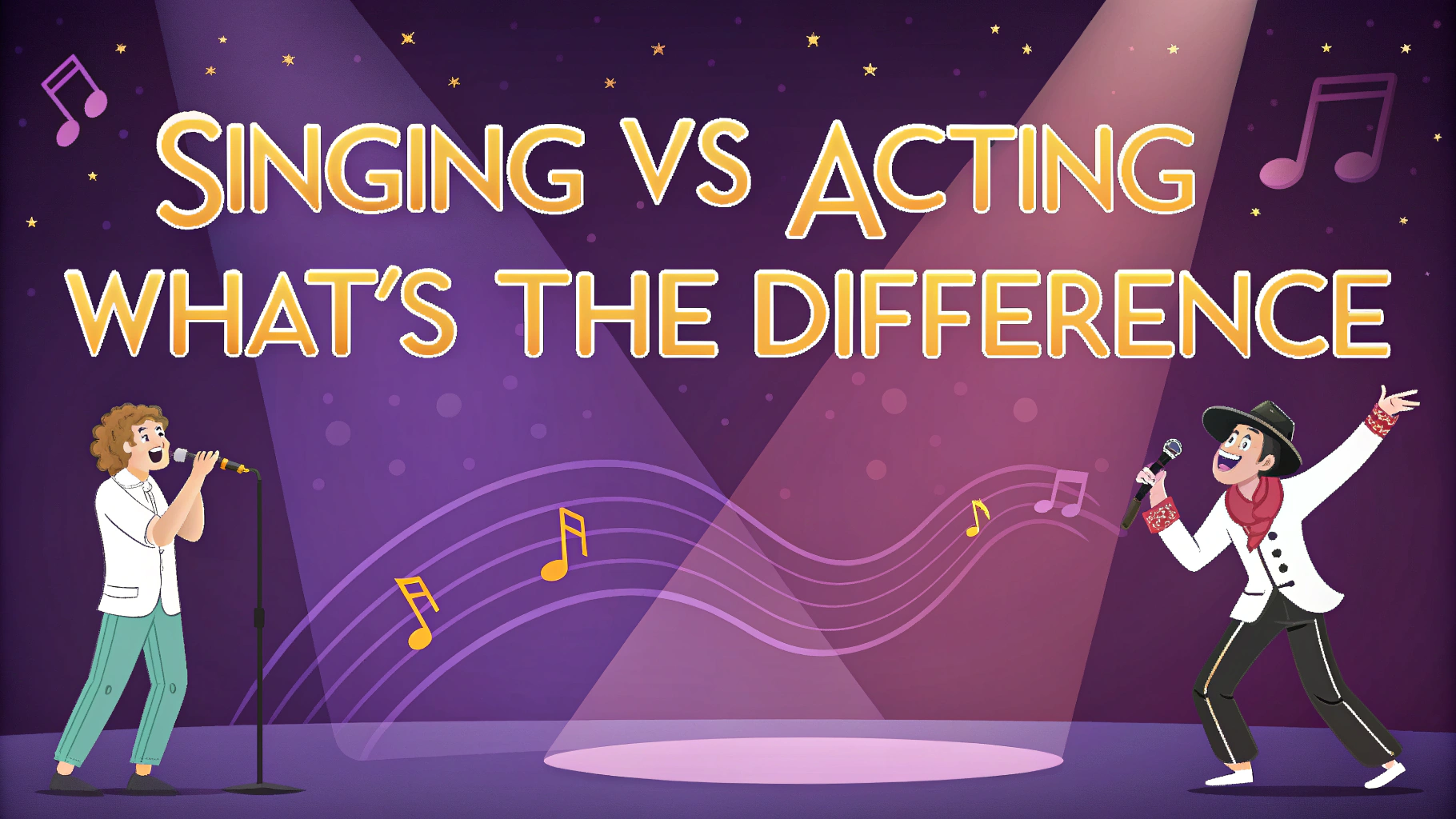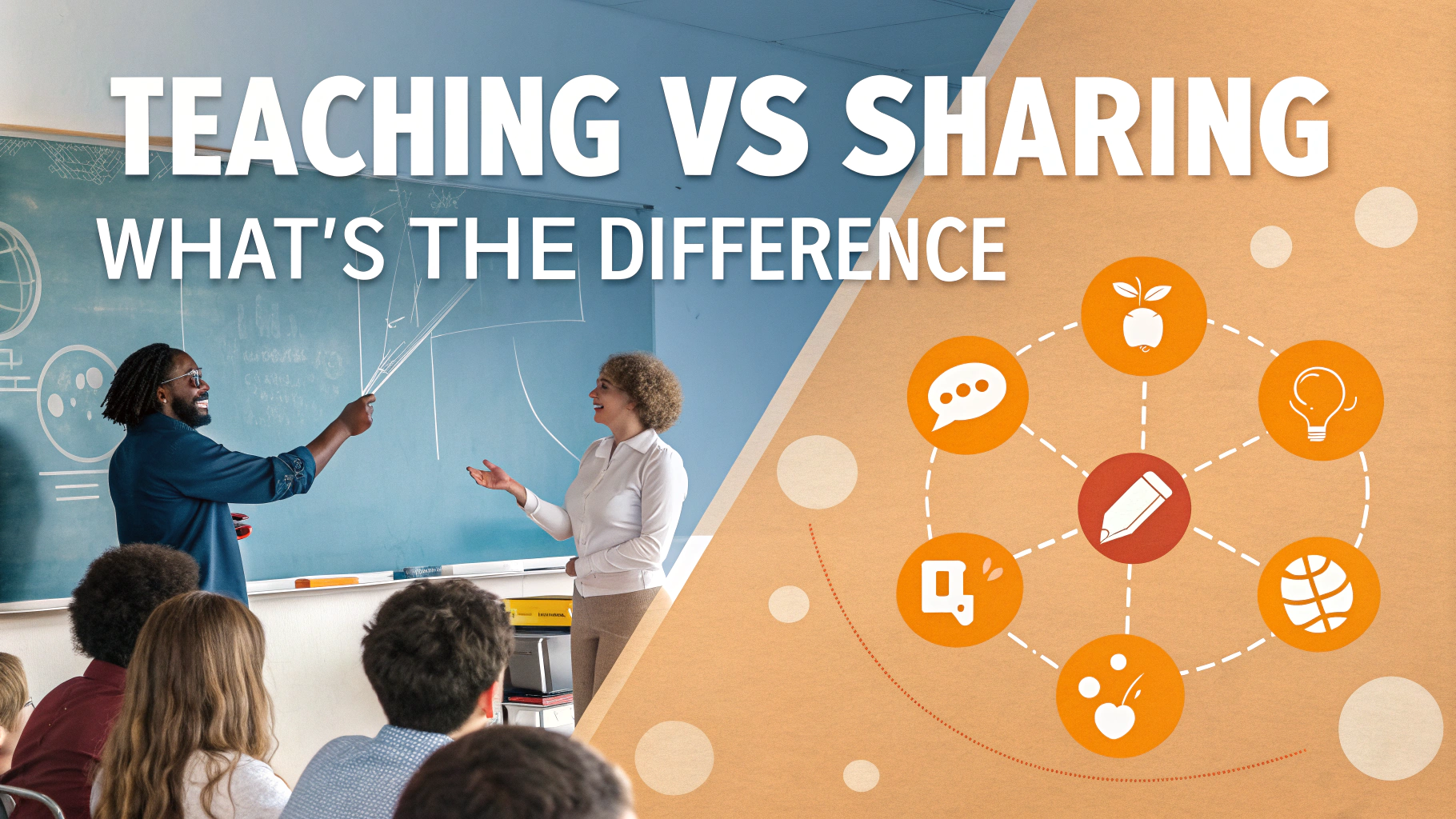Politics and economics shape our daily lives in distinct yet interconnected ways. While many people confuse these two fields, they serve different purposes in society. From policy decisions to market forces, knowing how these domains interact helps make better personal and professional choices.
The relationship between **political decisions** and **economic outcomes** affects everything from your grocery bills to job opportunities. This guide breaks down the key differences and shows how understanding both can help you navigate financial and civic decisions.
Key Characteristics of Politics
Politics focuses on **power distribution**, **governance**, and **decision-making** within societies. Government structures and policy creation form the backbone of political systems.
Key elements include:
- Public policy formation
- Legislative processes
- Electoral systems
- International relations
Economic Systems and Their Functions
Economics deals with the **production**, **distribution**, and **consumption** of goods and services. Market dynamics and resource allocation drive economic activities.
Core components:
- Supply and demand principles
- Market mechanisms
- Resource management
- Financial systems
How Politics Influences Economics
Political decisions create the framework within which economic activities occur. **Regulatory policies**, **tax laws**, and **trade agreements** directly impact market behavior.
Impact areas:
- Monetary policy implementation
- Trade regulations
- Business environment
- Economic growth strategies
“Politics determines the rules of the game, while economics determines how the game is played.” – Economic Policy Institute
Economic Forces That Shape Political Decisions
Economic conditions directly influence voter behavior and policy priorities. Market performance and employment rates often determine election outcomes and legislative agendas.
Key economic influences:
- Unemployment rates and job creation
- Inflation and cost of living
- GDP growth and recession cycles
- Income inequality metrics
Real-World Examples of Politics-Economics Interaction
Recent events showcase how political and economic forces work together. The **global trade tensions** and **pandemic response measures** demonstrate this relationship clearly.
Notable cases:
- Brexit’s impact on UK-EU trade
- US-China tariff effects
- Stimulus package outcomes
- Green energy policy shifts
| Political Action | Economic Impact |
|---|---|
| Trade restrictions | Price changes |
| Tax policy | Consumer spending |
| Regulation | Business costs |
Making Informed Decisions
Understanding political-economic connections helps in personal and business planning. Track these key indicators for better decision-making:
Action steps:
- Monitor policy changes affecting your industry
- Follow economic indicators relevant to investments
- Assess political risk in business decisions
- Plan finances around election cycles
“Economic outcomes often depend more on political decisions than market forces alone.” – World Economic Forum
Moving Forward: Balancing Political and Economic Awareness
Successful navigation of modern society requires understanding both political and economic factors. Stay informed through reliable sources and adjust strategies based on changing conditions.
Key takeaways:
- Political decisions create economic frameworks
- Economic conditions influence political choices
- Personal success depends on understanding both
- Regular monitoring enables better planning
Politics vs Economics FAQs
Basic Definitions & Differences
Q: What is the main difference between politics and economics?
A: Politics focuses on the governance, power distribution, and decision-making in society, while economics studies the production, distribution, and consumption of goods and services.
Q: How do political decisions affect economic outcomes?
A: Political decisions impact economic outcomes through:
- Tax policies
- Regulation of markets
- Government spending
- Trade agreements
- Monetary policy
Q: What is political economy?
A: Political economy is the study of how economic theories and methods influence political ideology and how political institutions affect economic policies.
Practical Applications
Q: Which creates more jobs – government spending or free market policies?
A: Both approaches can create jobs, depending on economic conditions. Government spending typically creates public sector jobs and infrastructure projects, while free market policies encourage private sector growth and entrepreneurship.
Q: How do interest rates connect politics and economics?
A: Central banks set interest rates based on economic conditions, but these decisions can be influenced by political pressure and have significant political consequences for government debt and voter sentiment.
Q: What role does politics play in international trade?
A: Politics shapes international trade through:
- Trade agreements
- Tariffs and quotas
- Diplomatic relations
- Economic sanctions
Career and Study
Q: Should I study politics or economics for a business career?
A: Economics typically provides more technical skills for business careers, but political science offers valuable insights into policy-making and governmental relations.
Q: What jobs combine politics and economics knowledge?
A: Common careers include:
- Policy analyst
- Government economist
- Political risk consultant
- Think tank researcher
- Public affairs manager
Q: Can economic policies win or lose elections?
A: Yes, economic performance and policies often determine election outcomes, with voters frequently prioritizing issues like employment, inflation, and living costs.
Q: How do lobbying groups influence economic policy?
A: Lobbying groups affect economic policy through:
- Campaign contributions
- Policy research and recommendations
- Direct advocacy to lawmakers
- Public relations campaigns
| Political Focus | Economic Focus |
|---|---|
| Power distribution | Resource allocation |
| Law-making | Market behavior |
| Governance | Production & consumption |



















